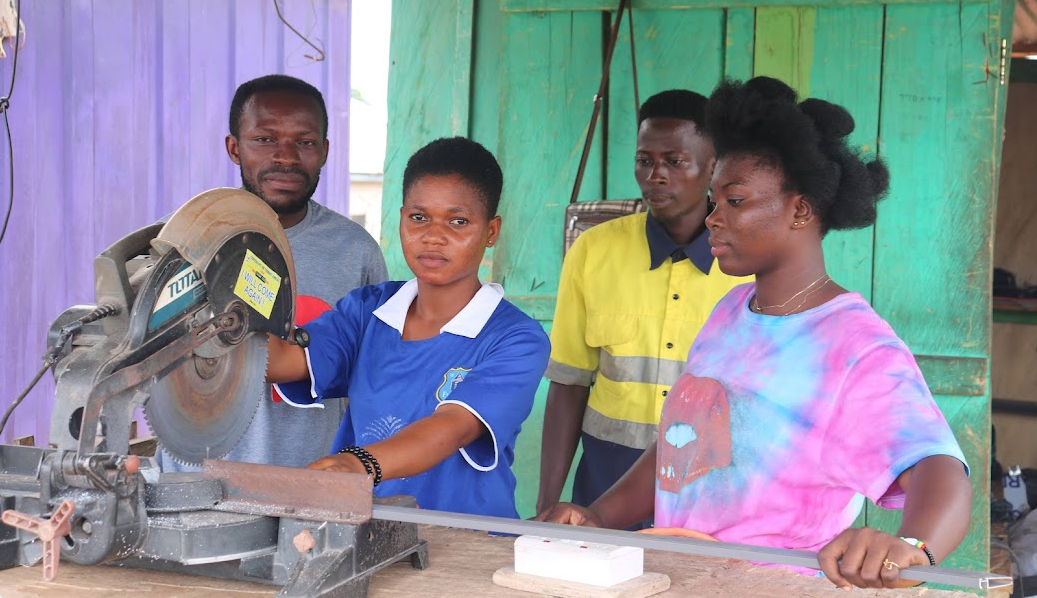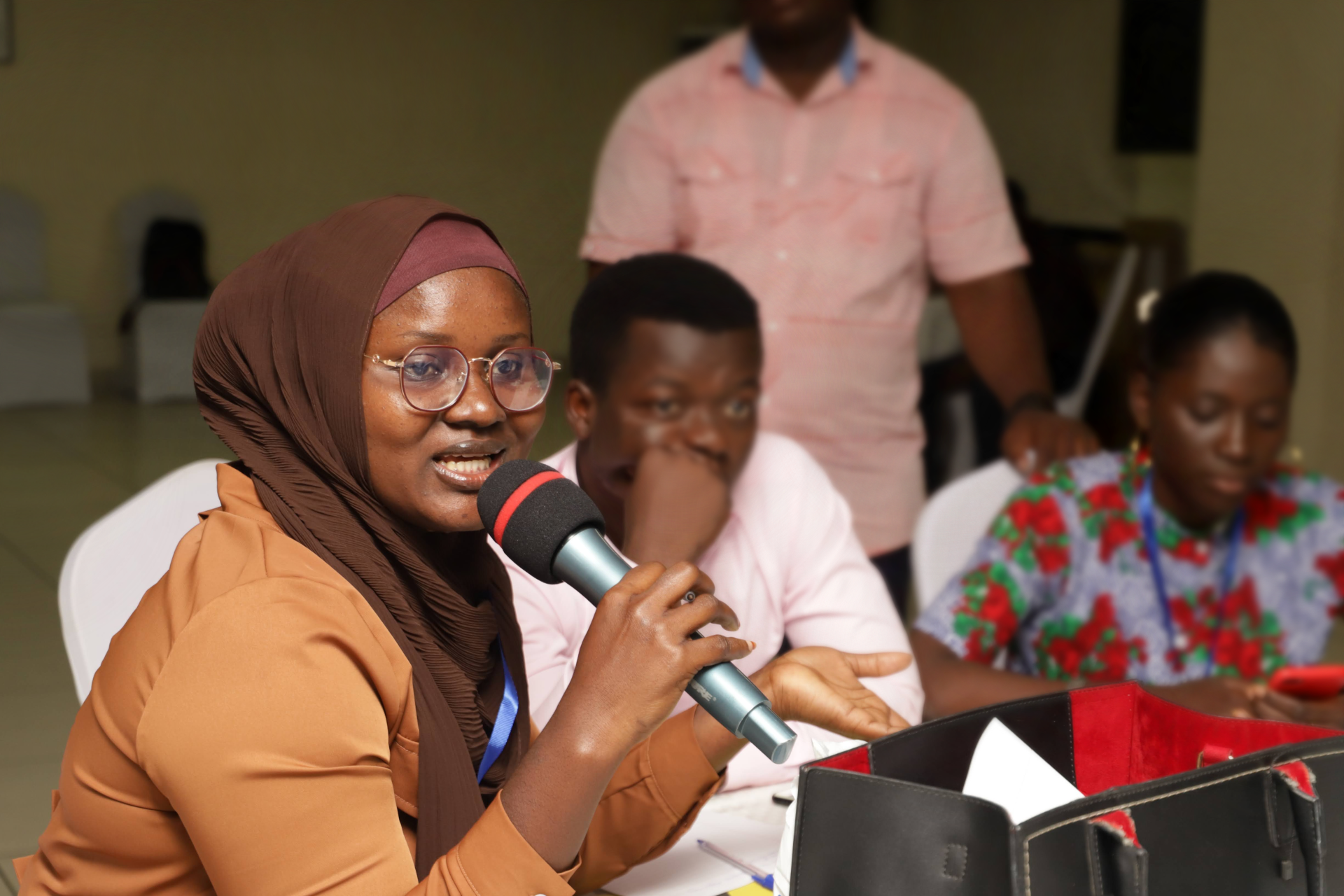ANNOUNCEMENT

Education and the Future of Ghana’s Youth
The Ghana Youth Barometer 2024 highlights critical needs for education reforms to prepare youth for future challenges.
The Study
The Ghana Youth Barometer 2024 Report provides a comprehensive analysis of the perceptions and experiences of Ghanaian youth regarding education and their preparedness for the future. Conducted by Youth Opportunity and Transformation in Africa (YOTA), this study aims to amplify youth voices in the policy-making process, ensuring their aspirations and concerns are adequately represented. The report is based on a nationwide survey of 1,940 youth aged 15-35 years, complemented by qualitative data from 48 semi-structured interviews and 4 focus group discussions.


Barriers to Education
The main barriers to accessing education were limited financial resources (88.1%), high cost of education (65.9%), and lack of family support (58.7%). Other barriers included long distances to school, frequent illness, peer influence, teenage pregnancy, and lack of interest in education.
42.9% of youth perceived the education system as retrogressing, primarily due to an excessive focus on theoretical learning. A significant portion described the education system as either fairly bad (24.6%) or neither good nor bad (24.5%).
Employment
The top sectors of employment for youth were trading (15.8%), informal sector work including artisanal mining (11.2%), fashion/garment making (10.4%), and construction-related works (6.6%). Engagement in agriculture was notably low despite policy emphasis on its importance.
The majority of youth expressed a preference for self-employment (67.5%), followed by public sector employment (48.6%). Key barriers to achieving employment aspirations included lack of social connections and financial resources.


Preparedness for the Future
40.3% of youth agreed that the education system prepares them for the future. However, there is a notable gap in practical skills such as critical thinking, creativity, and entrepreneurship.
There is a strong sense of optimism about the future, with many youth expecting to gain financial independence and pursue further education. Youth aspire to engage in multiple jobs, combining formal and informal sector employment to ensure multiple income streams.
Youth Participation in Decision-Making
The ability of youth to hold duty bearers accountable is weak, with 39.2% disagreeing that they could do so effectively. Mixed perceptions were observed regarding whether youth can voice their concerns about national development issues.





